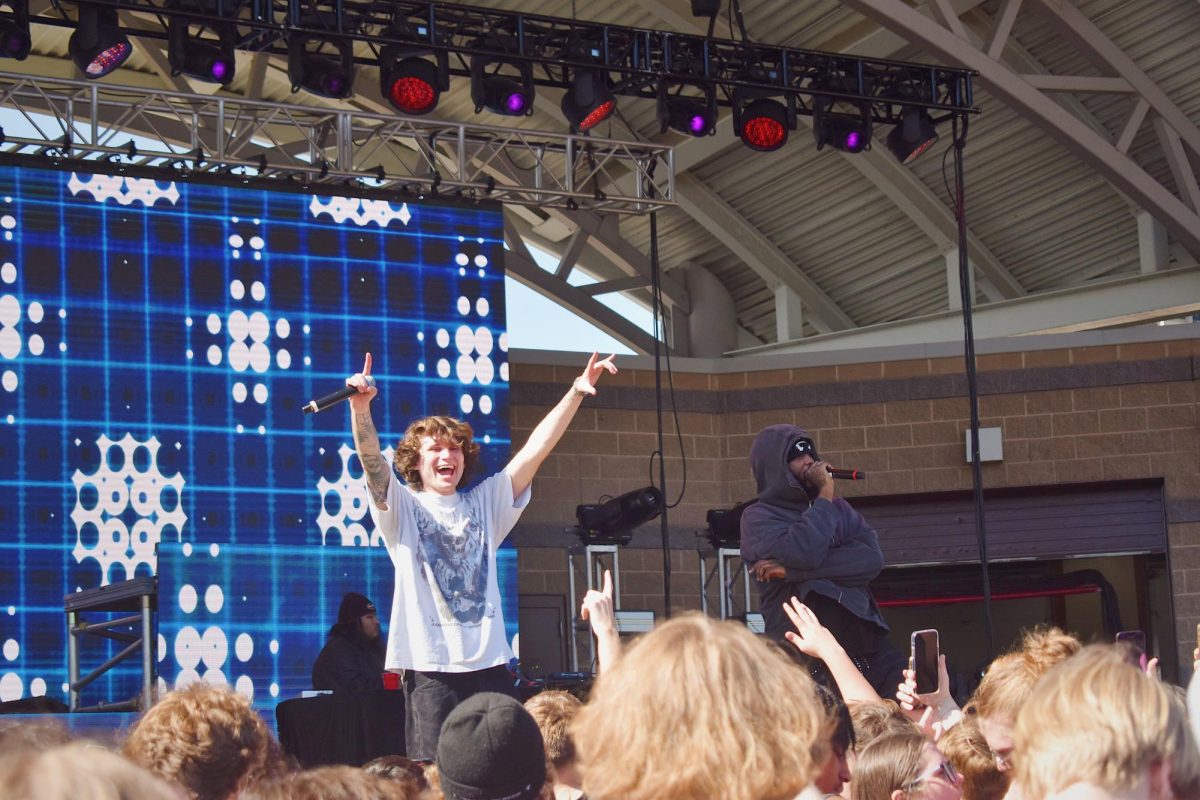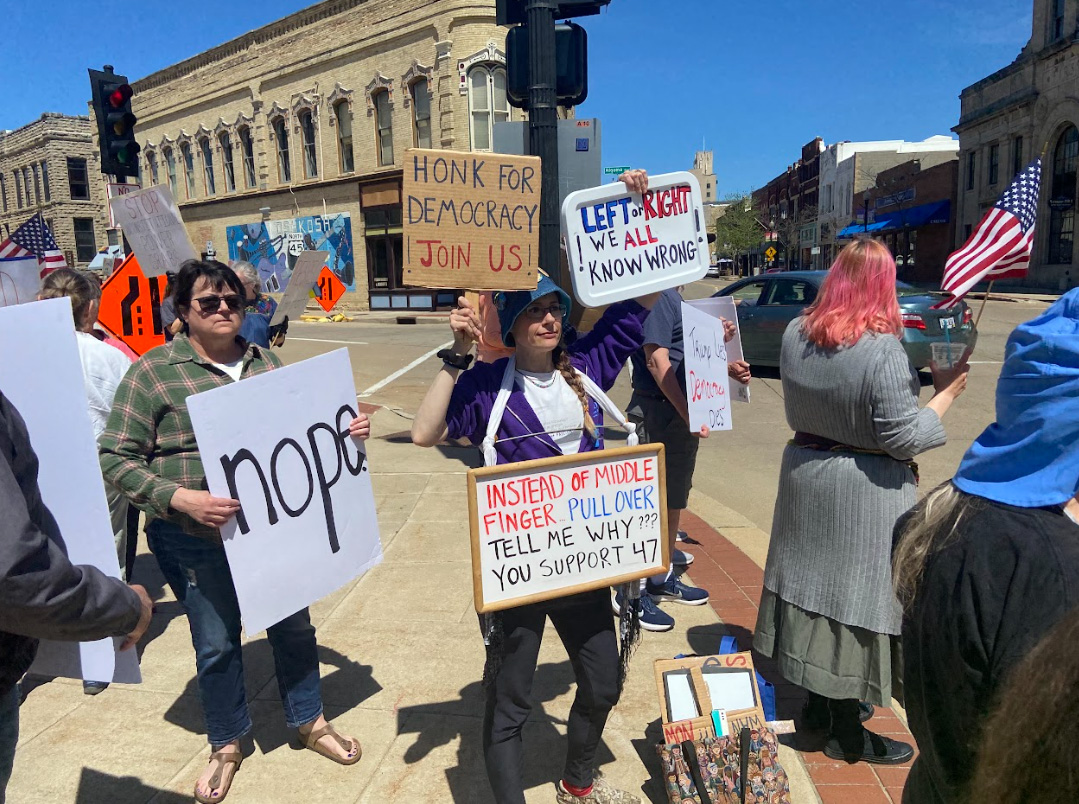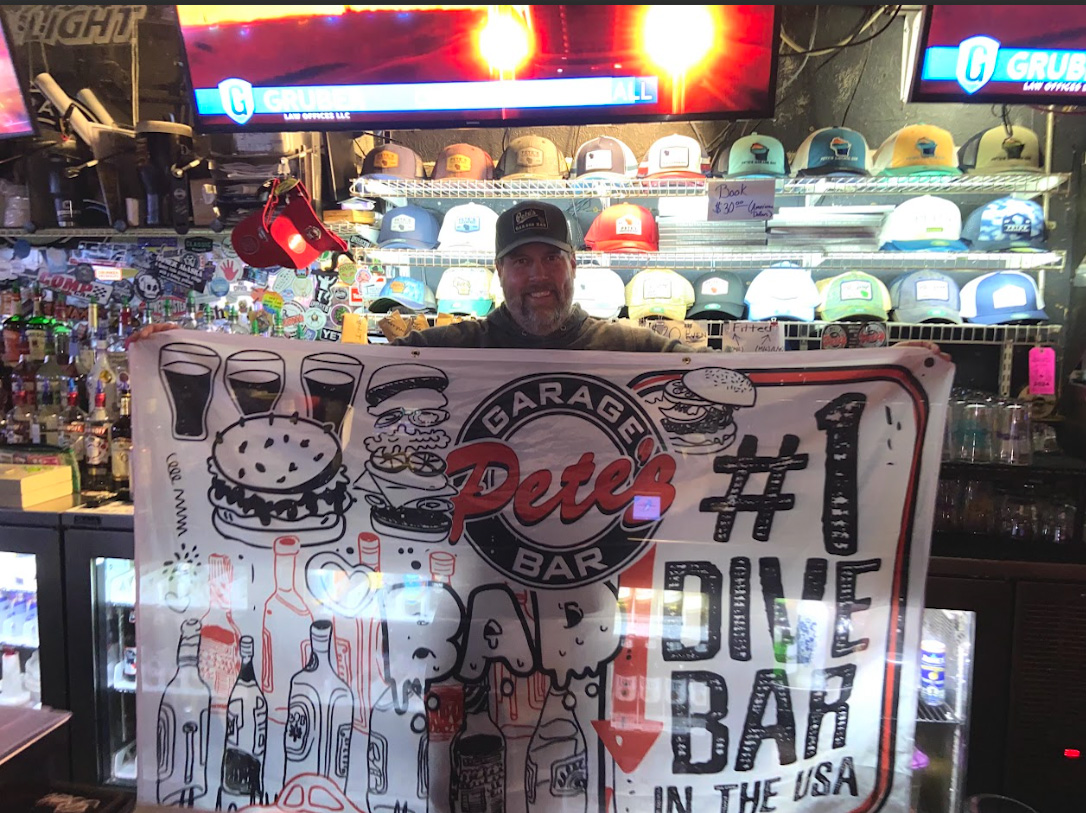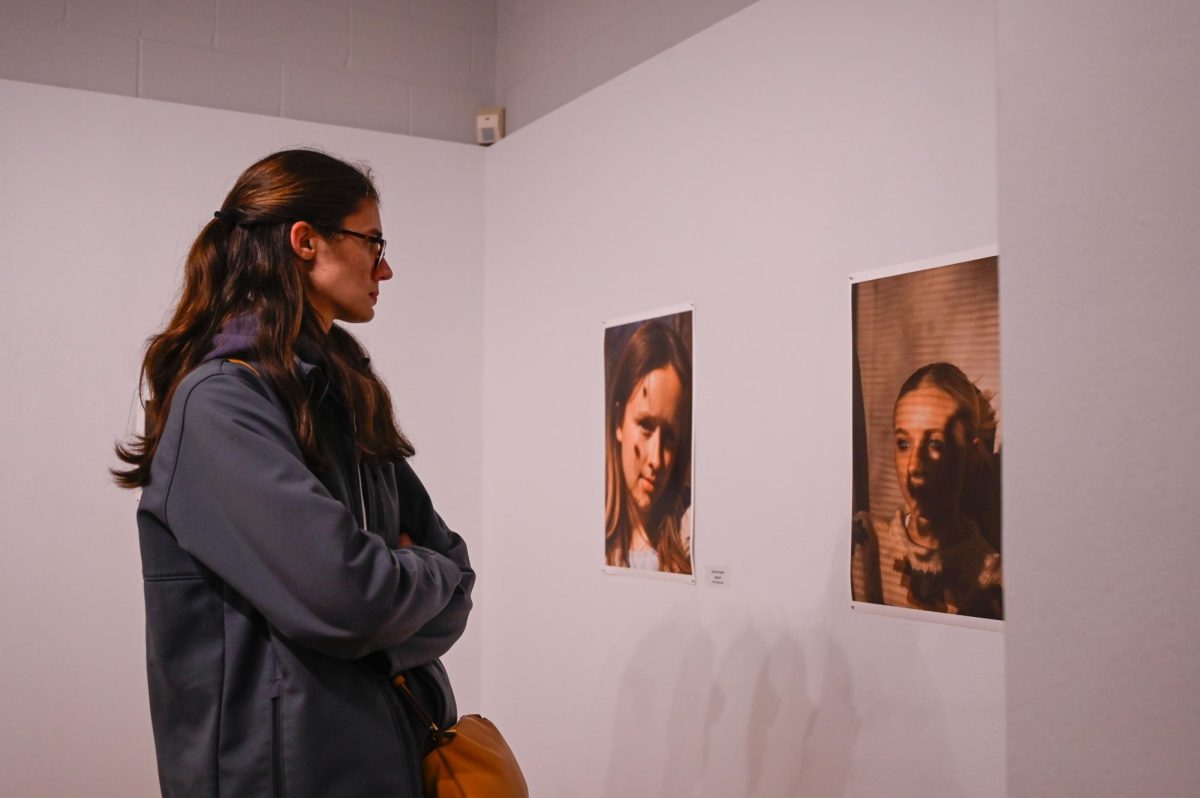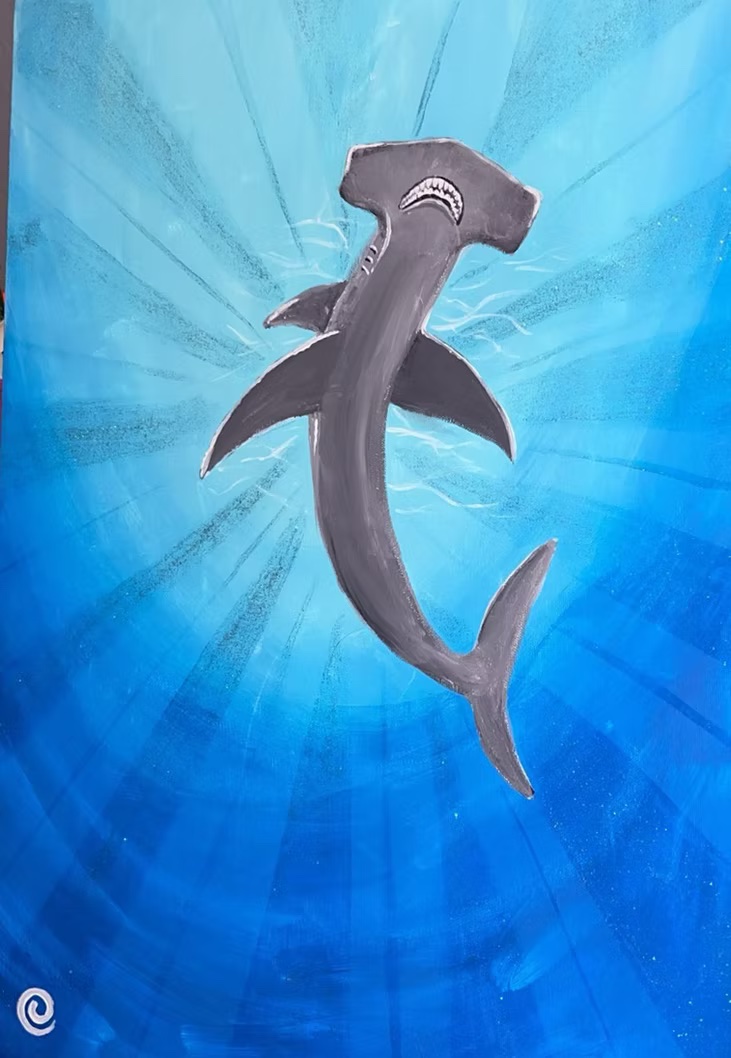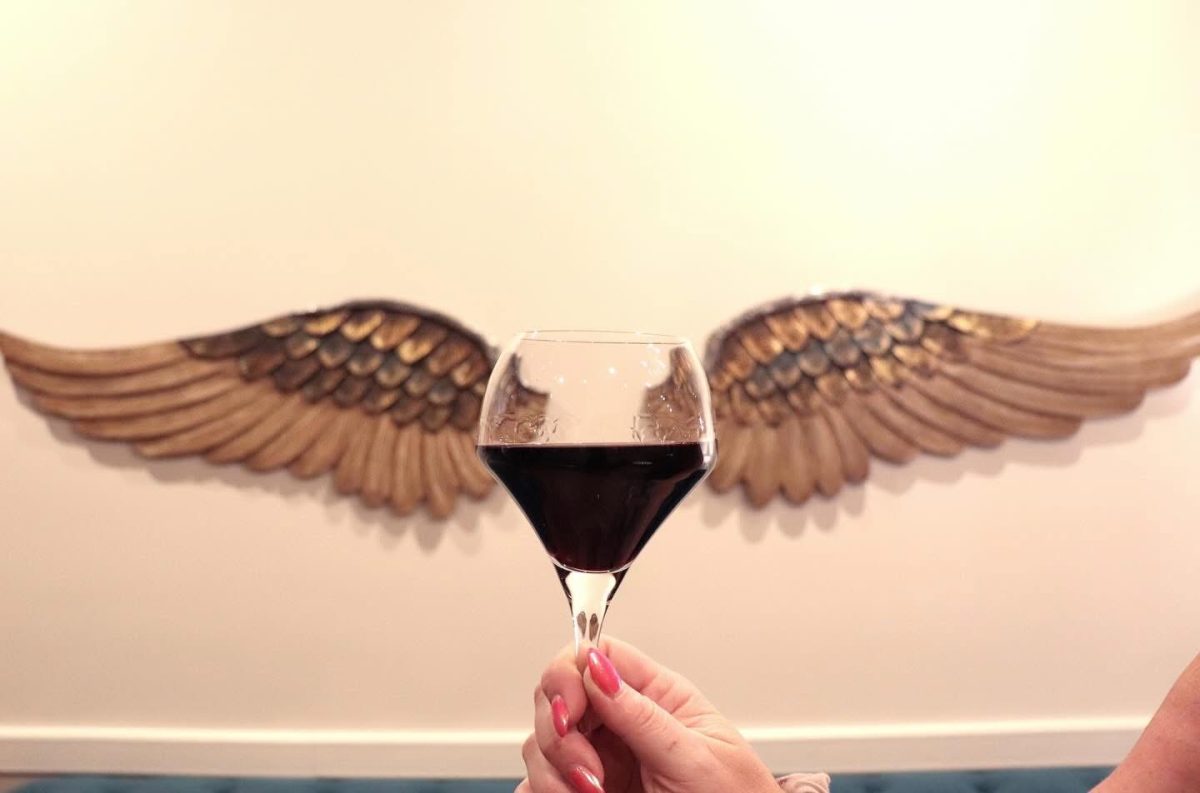“The Asexuality Spectrum Discussion Panel raised awareness about asexuality on March 5. The event was hosted by The Campus Center for Equity and Diversity.
Members of the panel were UW Oshkosh students Christina Quella, Amanda Roberts, Mollie Turchan, Caitlin Cobb and Devin Matznick.
The panel discussed what asexuality is and the different identities within asexuality.
Asexual is when a person experiences no sexual attraction, which is different from sexual activity and sex drive.
Aromantic is when a person experiences no romantic attraction.
Demi grey-hetero-sensual is when a person needs a strong emotional bond before feeling any desire to cuddle with someone.
Panplatonic is seeking a platonic relationship without any preference to gender.
Panaesthetic is when someone likes beautiful people of all genders but does not necessarily want to have a relationship with them.
Liz Cannon, director of the LGBTQ Resource Center, said she finds it important to have people understand sexual orientations that are not commonly known.
“[I would like students to take away] an understanding of a sexual orientation that is not heard of [as much], Cannon said. “[I also would like them to have] respect for what it is.”
Matznick helped put the panel together. Matznick, who prefers the gender-neutral pronoun zie, wants asexuality to stop being forgotten and wants attendees to learn about asexuality.
“I coordinated this panel because asexuality is consistently erased at all turns,” Matznick said. “Visibility is a positive possibility. I want attendees to learn.
Erasure and marginalization are harmful for the communities against which they are perpetrated, and education only helps with that.”
The panelists each identify themselves in different ways. Matznick identifies as asexual, pansensual, demi-polyromantic and genderless, and uses zie/zir/zirs pronouns. Cobb identifies as a female asexual and aromantic.
“It gets a little more difficult than that because as an asexual, I learn about the other five attractions and the distinct differences between each type of attraction, so I break those down [for people] too,” Cobb said.
The panelists also learned from each other through this experience.
“I learned that I have had similar experiences to the other panelists in the way of erasure and the fact that others consider me to be broken,” said Cobb. “If I laughed along to anyone’s stories, it was a laugh of ‘oh wow, I had the same exact experience.’ Although my experience was not what I considered extreme circumstances, it still is extreme in comparison to those who identify as someone with sexual attraction, or even someone who is sex indifferent or sex enthused, because they are willing to partake in what society wants them to do, whereas I physically and mentally cannot handle it.”
The panel was informative and provided the audience with insight to a less well-known sexual orientation.
“I learned so much from attending the panel,” student Jenny Lemke said. “I had no idea what asexuality was until I attended. There are so many different identifications within asexuality.”
The panelists said having any number of people attend made them feel accomplished and happy they shared their stories.
“The fact that people even came to the panel shows me that they are willing to learn more and accept me and the community as who we are and not as broken machines,” Cobb said. “People care, and it is a show of progress in getting rid of ace erasure in both campus community and the LGBTQ+/GSRD comm”



